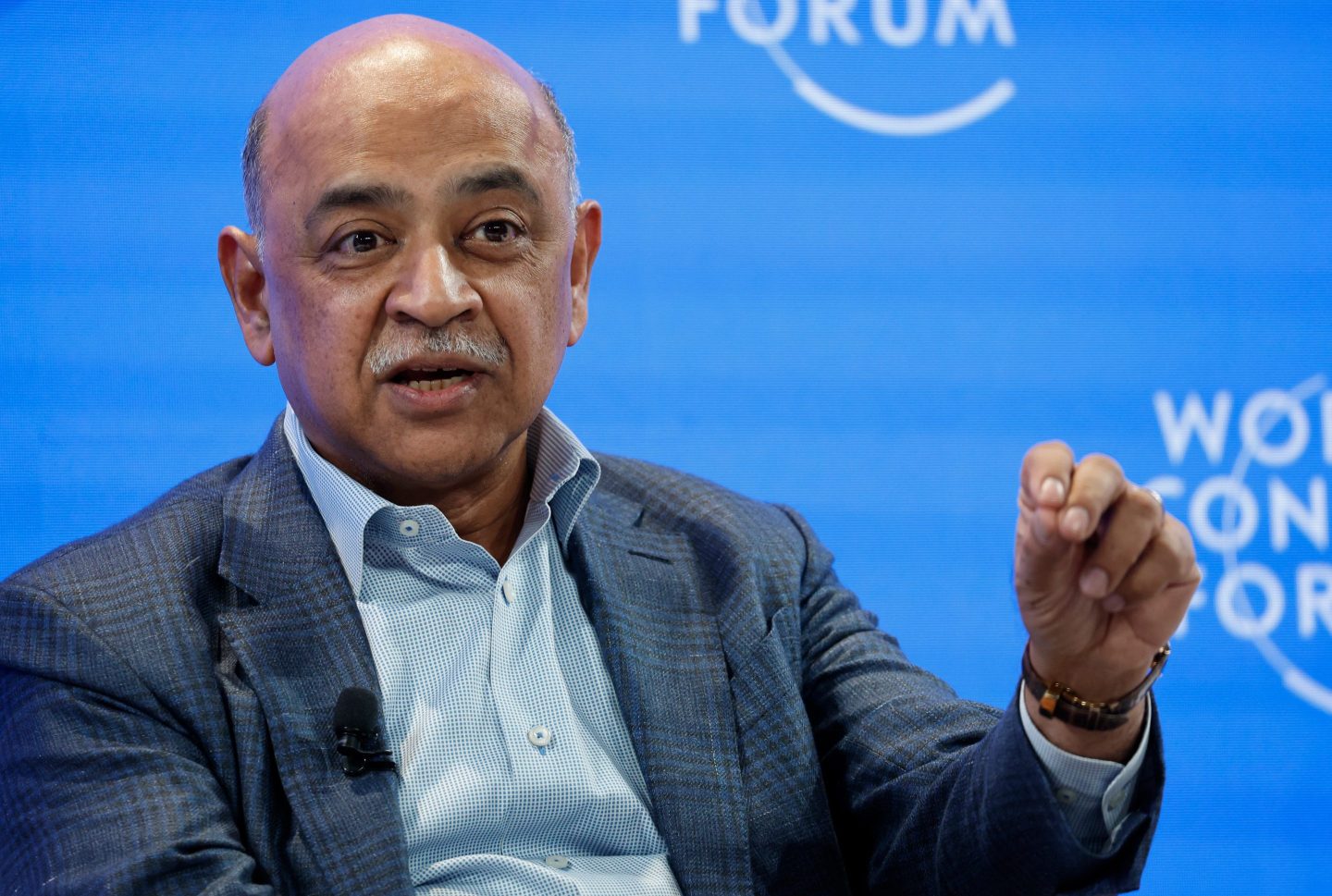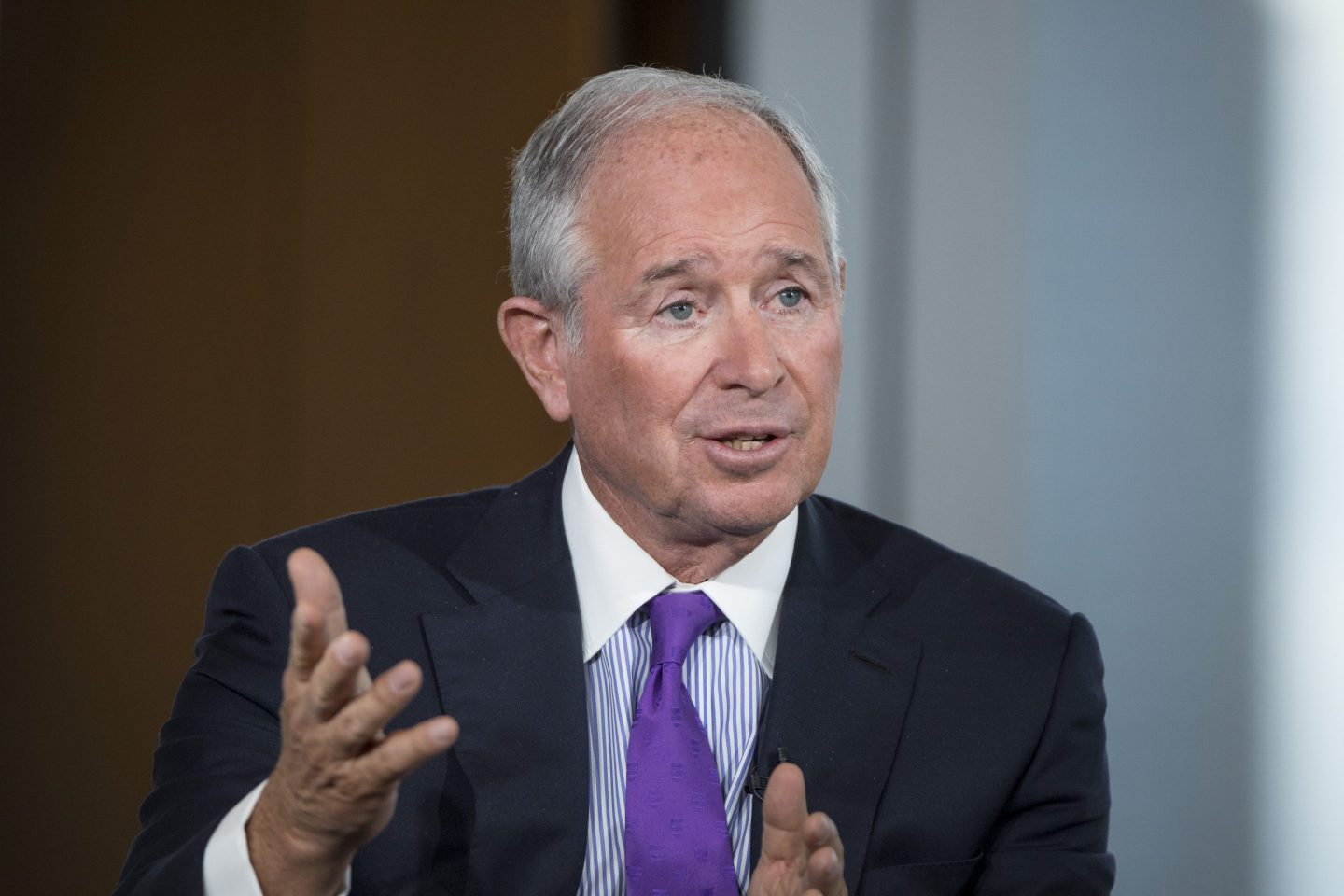Layoffs are sweeping the corporate world as companies restructure around AI and automation. From Amazon to Target, major employers are slashing thousands of jobs as they race to restructure around automation and efficiency.
On Tuesday, IBM became the latest company to announce it would cut thousands of workers by the end of the year as it shifts focus to high-growth software and AI areas. And for Gen Z the news might hit especially hard.
Just last week, IBM CEO Arvind Krishna had positioned himself as a rare optimist amid widespread job cuts, pledging that his company would increase hiring among recent college graduates.
“People are talking about either layoffs or freezing hiring, but I actually want to say that we are the opposite,” Krishna told CNN last week. “I expect we are probably going to hire more people out of college over the next 12 months than we have in the past few years, so you’re going to see that.”
Krishna acknowledged that automation would inevitably lead to some reductions but maintained that “on the net mix, it’s a plus for us.”
An IBM spokesperson told Fortune that the latest round of layoffs would impact a “low single-digit percentage” of the company’s global workforce. And, when combined with new hiring, it would leave the company’s U.S. headcount roughly flat. IBM did not specify how many workers would be affected or which departments would be hit. The company employed about 270,000 people at the end of 2024, meaning even a 1% cut in the workforce could affect some 2,700 workers.
“IBM’s workforce strategy is driven by having the right people with the right skills to do the work our clients need,” the spokesperson added. “We routinely review our workforce through this lens and at times rebalance accordingly.”
Although it’s unclear which teams—or generations—will feel the blunt effects of the cuts, entry-level roles have borne some of the biggest impact from AI so far. Researchers at Harvard University found that junior employment has declined sharply at firms adopting AI.
How young professionals can stand out in the AI era
For professionals—whether they’re trying to break into the job market or rebound from a layoff—finding a job can feel like an uphill battle. After all, job postings have been on a gradual decline since their peak in March 2022, according to data from the Federal Reserve.
Krishna’s advice? Focus on developing the right skills for the AI age.
“Skills of people are really important,” he told CNN. “We need skills in AI. We need skills in quantum. We need skills that our clients feel really good about technology being deployed in their environment.”
Hiring experts echo that view, saying that firms across industries are looking for candidates with AI experience—especially those familiar with the tools already in use internally.
“Companies would rather hire a candidate who has hands-on experience with a particular tool they are implementing if they have the ability and interest to train up on other skills,” Alyssa Cook, a senior managing consultant at hiring and staffing firm Beacon Hill, previously told Fortune.
A report released by Microsoft and LinkedIn last year found that 71% of leaders are more likely to hire a less experienced candidate with AI skills, as compared to a more experienced one without them.
But even beyond technical know-how, experts say the right mindset can make the biggest difference.
“We’re not just looking for people who know the tools,” Alejandro Castellano, CEO of automation firm Caddi, previously told Fortune. “We’re looking for those who are curious, adaptable, and thoughtful about how they use AI. That mindset makes the biggest difference.”













